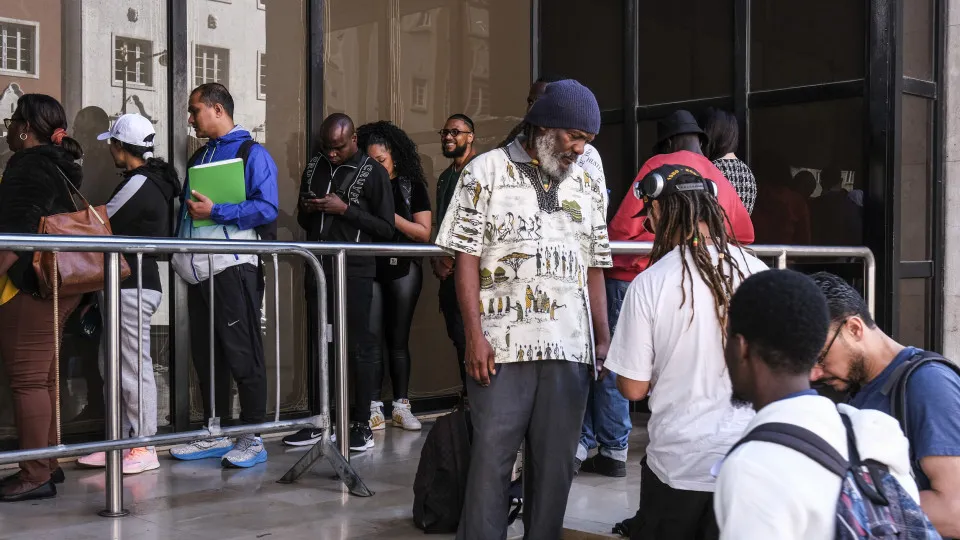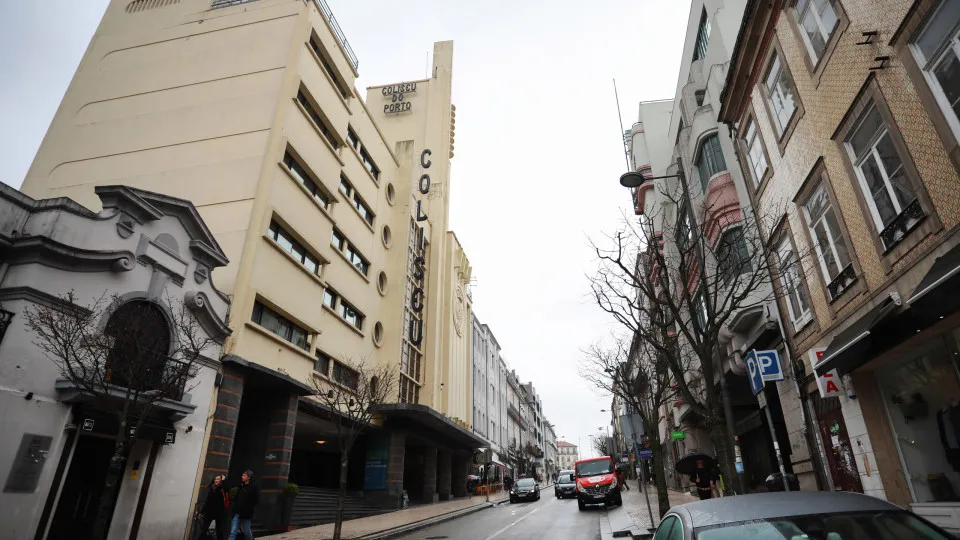
The effectiveness of free public transportation as a measure to address congestion, social inequality, and pollution in urban areas, with benefits for public health, is highlighted in a report released today by ISCTE researchers.
“The Free Mobility Program in Cascais resulted in a substantial increase in the use of public transport, rising from an average of 19,000 monthly passengers in 2018-2019 to approximately 50,000 since the pandemic,” the report “The State of the Nation and Public Policies 2025,” set to be presented today, illustrates.
In the section on transportation, researchers Nuno Bento and João Pereira cite the pioneering example of Cascais, demonstrating the feasibility of implementing this measure without significant external funding.
“The annual cost of this project is around 12 million euros, largely covered by municipal parking revenues and the Single Circulation Tax (IUC),” they write, adding that last year, these funds exceeded 13 million euros, resulting in a budget surplus.
The program, they note, has generated several co-benefits. Diesel consumption by public transport decreased by 12% between 2019 and 2024, despite increased passenger numbers, due to the fleet renewal, which now includes electric and hydrogen-powered buses.
Simultaneously, there was a reduction in PM2.5 particulate emissions, “the air pollutant with the highest health risk,” improving air quality.
“It is estimated that for each 1% increase in public transport usage relative to cars, mortality associated with PM2.5 (originating from energy combustion) decreases by 0.4%, household energy bills drop by 1.2%, and vulnerability to price shocks and energy supply disruptions is reduced by 1.6%,” they indicate.
“We do believe that free public transport and service improvements enhance demand and enable long-term behavioral changes. However, free transport alone does not curb the rise in car traffic,” the authors argue, recommending complementary measures for urban areas.
The abolition of public transport fares is gaining traction among national and local policymakers, with “an increase in such initiatives, notably in Poland, Brazil, the USA, France, Canada, and Sweden,” they state.
According to the collected data, by 2024, more than 400 local projects were identified worldwide, particularly in small to medium-sized urban contexts, whereas seven years earlier, the number was less than a hundred.
In 2023, Brazil became the country with the most cities adopting free transport (in its various categories), surpassing 100 cases.
There are also countries where the measure has been applied nationally, like Luxembourg or Malta.
The primary arguments for free public transport are economic and operational efficiency, social cohesion, reduced mobility access inequalities, and sustainable development, justify the researchers.
The municipality of Lisbon, one of the cited examples, began implementing free transport policies in July 2022, initially targeting individuals aged 65 and over and children up to 12 years, later extending to students up to 23 years.
The work, coordinated by Pedro Adão e Silva, president of the Institute for Public and Social Policies (IPPS) at ISCTE, is authored by several experts from different fields of study.




